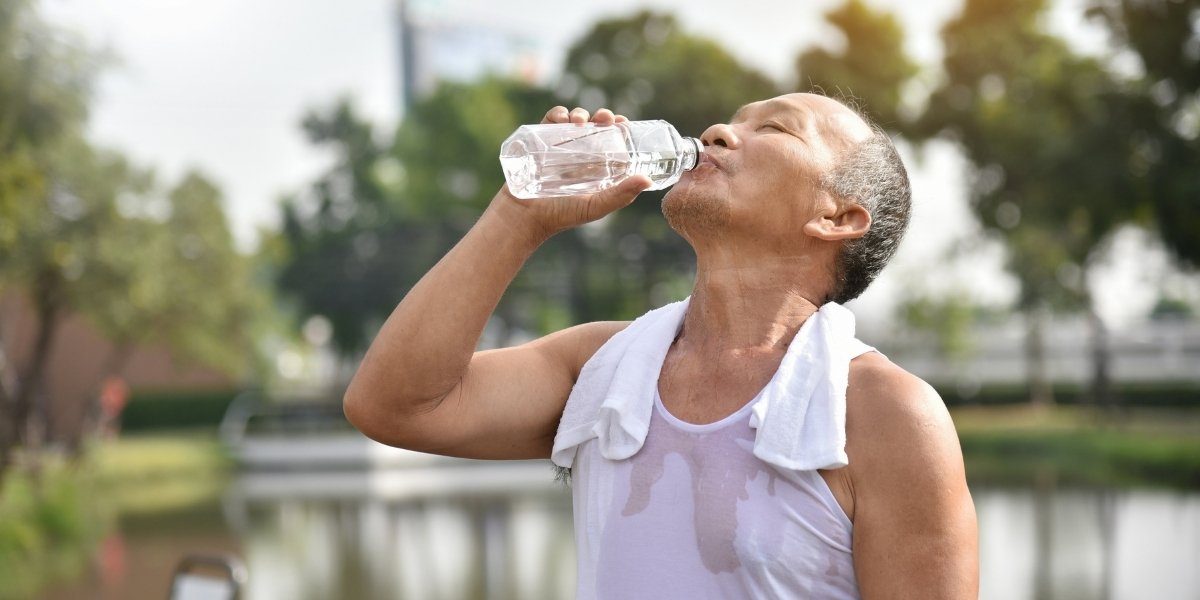In the fast pace of everyday life, hydration can quietly slip down the list of priorities. Yet it plays a quiet but powerful role in helping the body operate at its best. From temperature regulation to digestion and energy levels, staying hydrated isn’t just a health tip—it’s essential for functioning smoothly day after day.
Read Also: The Information Age: A Technological Revolution and Its Social Repercussions
What Makes Hydration So Important?
The human body is made up of more than half water, and it depends on that water to perform countless tasks. Hydration supports how we think, move, and even sleep. When the body doesn’t get enough fluids, even small imbalances can lead to tiredness, headaches, and dips in concentration. Over time, chronic dehydration may also contribute to more serious issues, including kidney problems or joint stiffness.
How Much Water Does the Body Really Need?
While one-size-fits-all rules are tempting, water needs vary depending on activity level, environment, and overall health. Still, most health professionals agree that regular, mindful hydration is better than waiting until you feel thirsty. For many adults, aiming for around eight cups a day is a solid start. But more may be needed during hot weather or intense physical activity.
How to Stay Hydrated Throughout the Day
Building a healthy hydration habit is often easier than it seems. Sometimes, all it takes is a few thoughtful changes that fit naturally into daily life. One approach is to begin each morning with a full glass of water. It helps the body wake up and replaces fluids lost overnight.
Another simple trick is to keep a reusable water bottle within reach. Whether it’s on a desk, in a bag, or beside the bed, visibility prompts action. Drinking water before meals or after brushing your teeth can also tie hydration to familiar parts of your routine.
For people who find plain water dull, flavor can make a difference. Adding fruit slices or herbs like mint makes the experience more enjoyable. There’s also value in eating hydrating foods such as watermelon, oranges, and cucumbers. These not only quench thirst but also provide important vitamins and minerals.
What Gets in the Way of Staying Hydrated?
One of the biggest obstacles to regular hydration is forgetting. Schedules get busy, and hours pass before a single sip is taken. That’s where setting reminders can be helpful. Whether it’s a phone alert or a mental check during breaks, cues can build the habit slowly and steadily.
Taste is another reason people skip drinking water. When it lacks flavor, motivation fades. Using a water filter or trying sparkling water can shift this mindset. It’s also important to watch for signs of dehydration, like dark-colored urine or feeling unusually tired.
Does Hydration Affect Mental Clarity and Mood?
Yes, it does—more than most people think. The brain is especially sensitive to fluid levels. Even a small drop in hydration can affect focus, memory, and reaction time. This becomes even more important during long workdays or tasks that require concentration. Drinking water regularly keeps the mind alert and the mood balanced.
Small Changes, Big Impact
Choosing hydration as a daily goal doesn’t require a lifestyle overhaul. It starts with awareness. Once you notice how often you drink—or don’t drink—water, it’s easier to make a shift. You might find that small additions like a glass before meals or infused water at your desk start to feel natural.
Over time, your body responds. Skin can feel more refreshed. Digestion may improve. And energy levels are more likely to remain steady throughout the day. These small shifts in how and when you hydrate often lead to long-term benefits that support overall well-being.
Read Also: How the Metaverse is Changing Business and Customer Engagement
A Sustainable Path to Feeling Better
Setting hydration goals isn’t about perfection. It’s about consistency. With a little creativity and attention, staying hydrated becomes part of a healthy rhythm. Whether through habit-stacking, flavor-enhancing, or simply being mindful, drinking enough water supports the body in lasting and meaningful ways.








